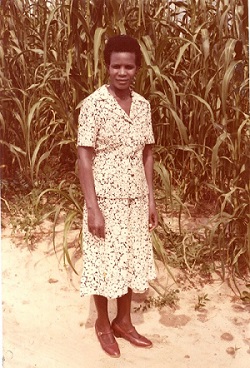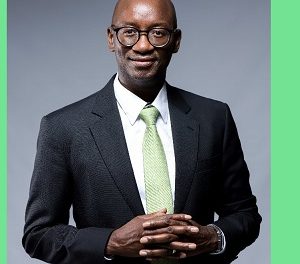
In the afternoon of 9 April 1987 Beatha Nepembe died in a landmine explosion while on her way from school.
Nepembe was a teacher by profession, a graduate from Oshigambo High School and Okahao Girls’ Mission School in the late 1960s. She served as one of the first teachers in Okongo community (1970s-1987).
But meme Beatha Nepembe was also a mother. One of her children, Kleopas Nghikefelwa, never forgets this day, the 9th of April, a day he was robbed of a mother.
“One day, on her way home from school, my mother was killed by a landmine explosive on 9 April 1987. Her blood waters Namibia’s independence,” Nghikefelwa states.
“As a woman, she laid the basic foundation of education for all in various communities, such as Ondema, Okongo, Enyana and Ekoka villages, during a difficult time of the war. She died as a Swapo member, who did underground work to support Namibia freedom fighters.”
Yet because Nepembe was a woman, in Owambo patriarchal society, she was not remembered and her contribution never recognised even for any single building or street in those communities to be named after her.
Nghikefelwa says that his father wrote several letters to relevant local authorities and community leaders, “but he was ignored till today.”
“It’s time for Namibian women, mothers and all professional ladies to fight for their legacies and a place in the history of Namibian society.”
According to Nghikefelwa, with proper recognition by society and solidarity from other women, women have just what it takes to move the country forward.
“Why not a woman president?” he asks.
“I think, like men, women make history too. Namibian men should not feel jealous of women who did or are doing heroic work. Women are not stealing their manhoods.
“Women are like plants which have for long been in the shadow; now they are just claiming their place in the sun, so that they can get energy too and be fruitful.
“It’s time to face truth and reality,” he states.
In the photo: The late Beatha Nepembe.







